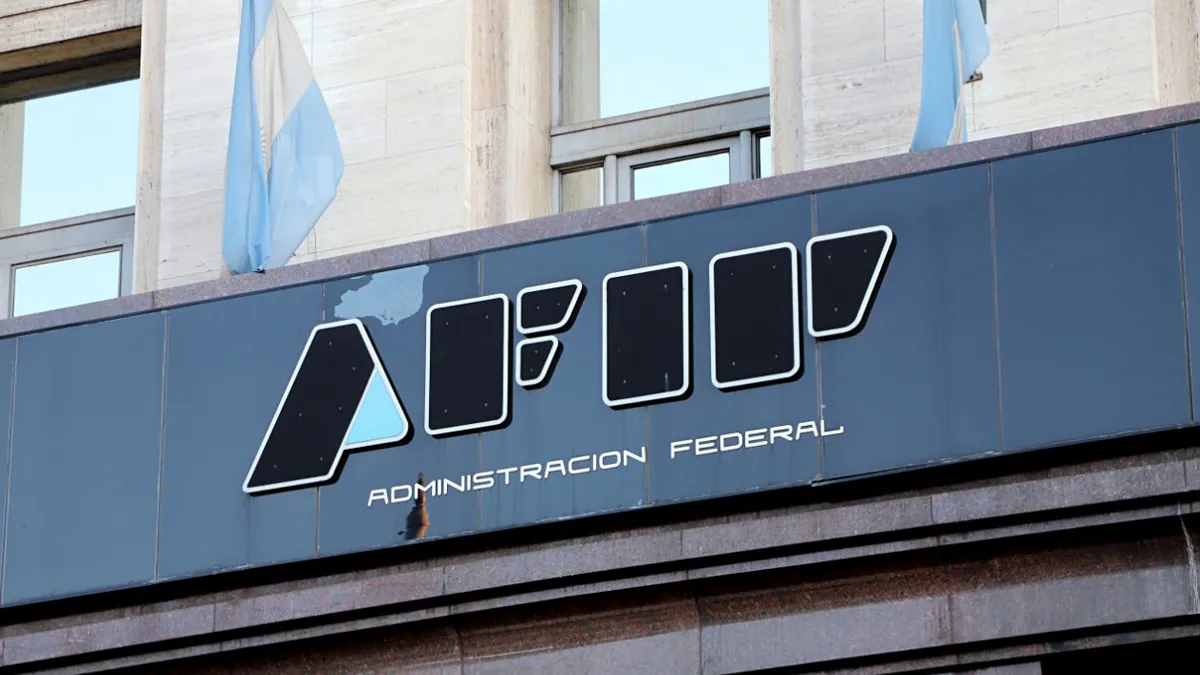In October last year, Ámbito revealed that the AFIP put under scrutiny large taxpayers who changed their tax residence to the neighboring country simulating a move. At that time, notifications warning of the situation were sent and controls were strengthened. The body led by Carlos Castagneto then sought to detect infractions but also “generate risk perception”.
According to official data to which this newspaper had access, in 2022 requests for tax residences by Argentines in Uruguay fell 42% year-on-year. They went from 12,489 in 2021 to 7,209 last year. Although it is true that with the enactment of the “solidarity contribution” law, the search for tax changes accelerated, the 2022 data cuts a 3-year upward streak.
In the words of senior officials, the case of Uruguay is relevant because years ago it launched “a seduction campaign to attract taxpayers with a very aggressive benefit aimed at those who change their tax residence.” In the Government they consider that this situation gave rise to “risky tax planning” since in more than one case the loss of resident status is nothing more than a simulated situation to access benefits.
“Many times, taxpayers strictly controlled the number of days they spent in the country, to give the image of having a greater presence in Uruguay than in Argentina; but the truth is that the AFIP detected that these individuals did not actually remain in Uruguay, but from there, after a short stay of even a few hours, they left for a third country where they actually remained”, they told Ámbito from government offices.
Controls on VAT recovery and earnings advances are accelerated
The General Tax Directorate also focused on a series of benefits that during the 2015-2019 administration became “automatic resolution procedures”. It is about the recovery of VAT for export and the reduction of income tax advances that taxpayers can request when they estimate lower results in the next year.
After an intensification in the controls, a series of maneuvers were detected that harmed the collection of some $1,200 million. The General Sub-directorate of Large National Taxpayers realized that a consortium that houses important firms invoiced the expenses with the discriminated VAT. In this way, they artificially generated a tax credit that the consortium members later allocated in their monthly payments, reducing the balance to be paid, or they recovered it through the aforementioned benefit.
Within the framework of the investigation and action to thwart this maneuver, the DGI focused on a group of ten large companies. A major multinational oil company was criminally denounced at the end of last year, accused of “improper use of tax benefits.” Three other companies rectified their sworn statements and regularized the situation. The rest are being summoned at this time.
In relation to the reduction of advances, for the second consecutive year there was a decrease in the number of requests and an increase in the withdrawals of the requests presented, which in 2022 fell by 40% and among individuals by more than 60% . As explained by the collecting agency, these controls made it possible to ensure a collection of $32.7 billion.
Source: Ambito




